
The 2018 Report of the Lancet Countdown on Health and Climate Change
Shaping the health of nations for centuries to come
Recommendation
The public discussion of global warming often focuses on financial costs and property damage; the toll on human health gets lost in the debate. In this report from the British scholarly journal The Lancet, dozens of experts explore the numerous menaces climate change poses to human well-being, from more cases of malaria and dengue fever to more deaths caused by extreme weather. The experts also fear a rise in other effects, less likely to grab headlines but still troubling: more heat stroke, more food insecurity, more deaths from air pollution, more mental illness. The report’s style is formal and turgid, although that’s not necessarily a bad thing. With such prominent figures as U.S. president Donald Trump decrying climate change as fake news, perhaps less emotionally charged language is in order. The authors make a clear and compelling case for why global warming is indeed “the biggest global health threat of the 21st century.”
Summary
About the Author
The Lancet Countdown on Health and Climate Change report was produced by 150 experts from 27 universities and institutions, including the World Health Organization and the World Bank.









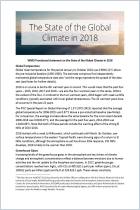
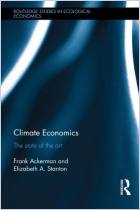
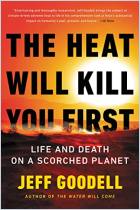

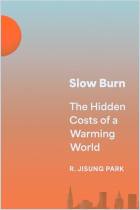
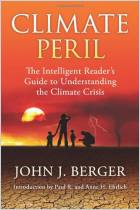
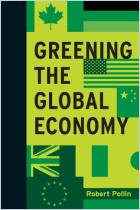





Comment on this summary